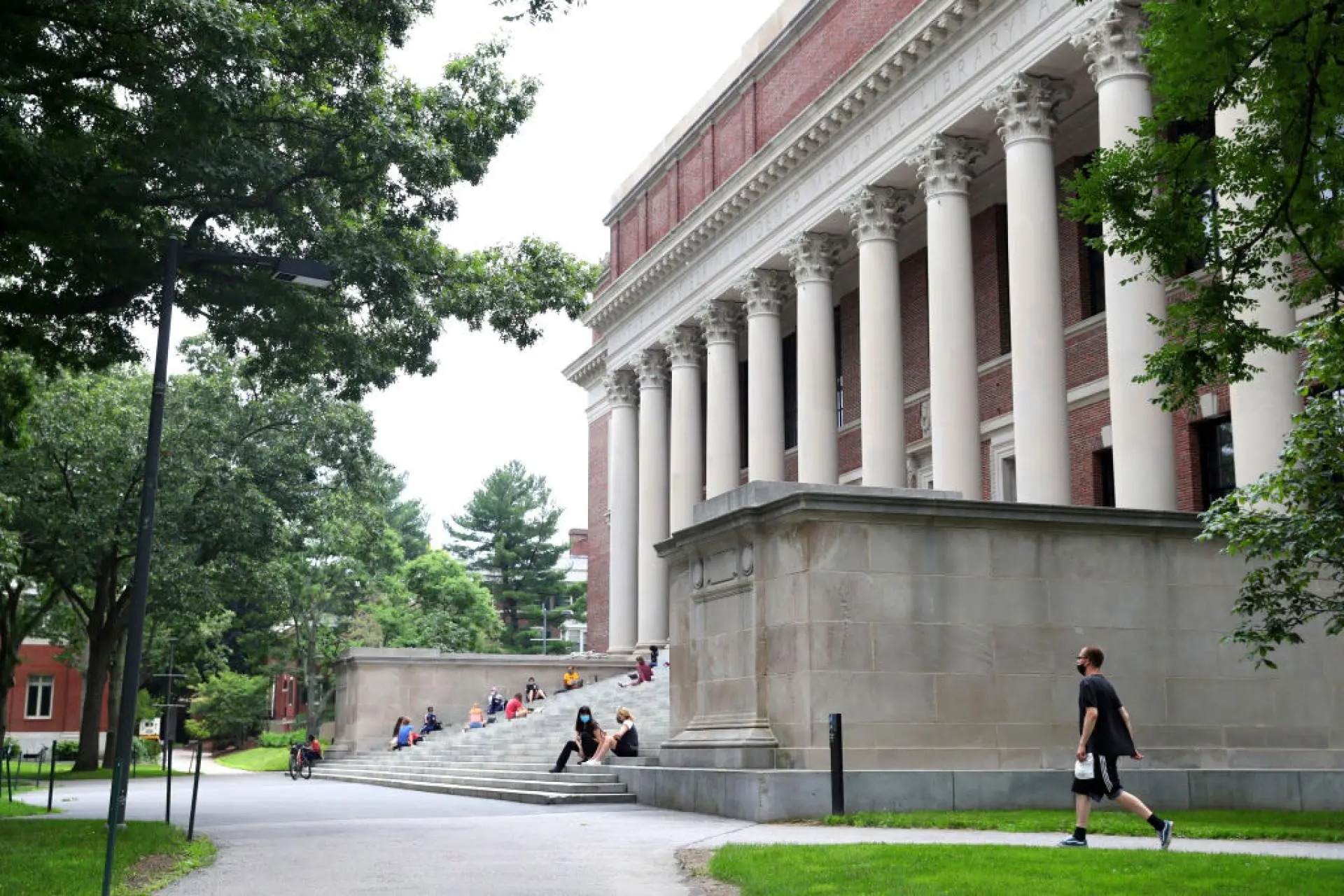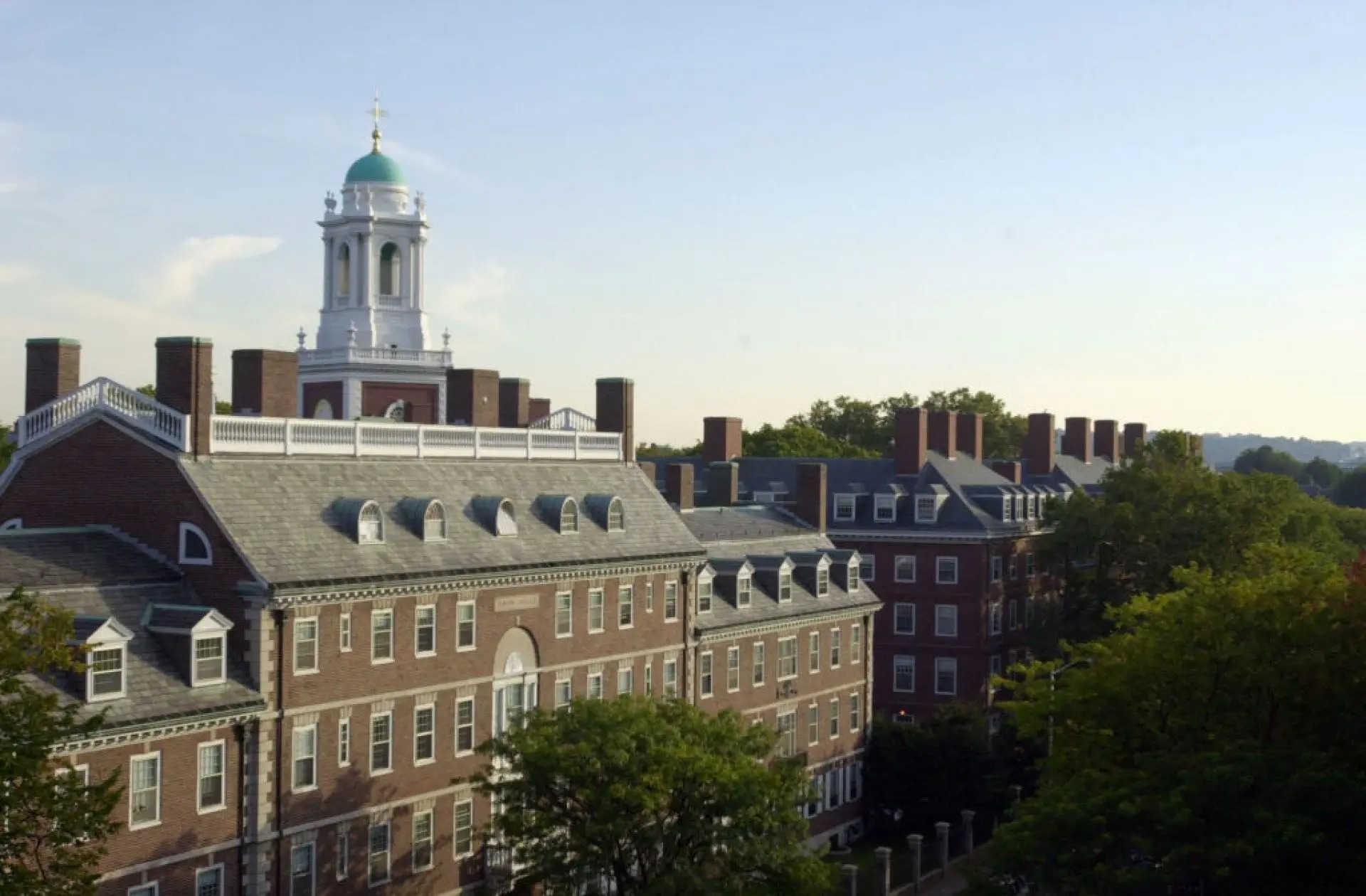01/30/24 Reposted from financial-world.org
A group of Muslim and Palestinian students at Harvard University have taken a significant step in fighting what they describe as a pattern of harassment and intimidation. On Monday, the Muslim Legal Fund of America (MLFA) filed a federal civil rights complaint against the university.
This action, lodged with the Department of Education’s Office for Civil Rights, asserts that the prestigious institution failed to adequately shield its students from ongoing discrimination. The complaint, rooted in the experiences of more than a dozen students, paints a troubling picture of life on campus for those who are Palestinian, Arab, or Muslim, or who openly support Palestinian rights.
The Nature of the Complaint
The specifics of the complaint, as articulated by the MLFA, are both extensive and disturbing. Students report facing a barrage of racist attacks, including doxxing, stalking, and physical assault, incidents primarily motivated by their ethnic and religious identities or political beliefs.
“The issues these students faced are, quite frankly, heart-wrenching,” Christina Jump, the lead attorney for the students and head of the MLFA’s Civil Litigation Department, said. She detailed instances of students being accosted simply for appearing Palestinian or Muslim and being branded as terrorists.
This chilling account underscores the severity of the situation, reflecting a campus environment fraught with fear and prejudice. The MLFA’s involvement signifies the case’s gravity, highlighting the need for an immediate and thorough investigation into these allegations.
Harvard University’s Response and Actions
In response to these grave allegations, Harvard University has maintained a stance of discretion. While declining to comment directly on the complaint, the university has referred to a list of resources and initiatives implemented to support students.
Notably, Harvard Interim President Alan Garber recently established a presidential task force aimed at combating Islamophobia and anti-Arab bias on campus. This move, mirroring a similar initiative to address antisemitism, represents the university’s broader effort to grapple with these critical issues.
Garber’s statement acknowledged the growing reports of antisemitic and Islamophobic acts and the corresponding erosion of a sense of belonging among these groups. The task force is charged with examining the history of such bias, identifying root causes, and recommending actionable solutions.
However, the Department of Education’s Office for Civil Rights, as per its policy, has not confirmed the receipt of the complaint, thereby maintaining its standard protocol in such matters.

Widening Scope of Investigations
The complaint against Harvard is part of a larger narrative unfolding across American higher education institutions.
Representative Virginia Foxx, the Republican chairwoman of the House Education and Workforce Committee, has indicated a widening investigation into alleged antisemitism on college campuses, with Harvard at the forefront. Foxx has expressed disappointment in Harvard’s handling of the situation and is considering the use of subpoenas to obtain more comprehensive documentation from the university.
This heightened scrutiny follows Harvard’s submission of documents to the committee, which Foxx deemed inadequate as they consisted mainly of publicly available materials. The committee’s requests include internal communications and information on foreign donations, elements critical to understanding the full scope of the university’s response to the incidents in question.
Harvard, for its part, has stated its commitment to cooperating with these inquiries, emphasizing its strong stance against any form of antisemitism. The university’s spokesperson, Jason Newton, reaffirmed Harvard’s dedication to the safety and wellbeing of its students and its intention to continue engaging with the committee.
The investigation is not limited to Harvard alone. Cornell and Columbia universities are also under the committee’s radar, with potential scrutiny looming over their policies and responses to similar incidents. This expanding probe underscores the growing concern at the federal level regarding the handling of antisemitism and other forms of hate on college campuses.
Political and Social Implications
The unfolding situation at Harvard University is not just a local campus issue but one that resonates with broader political and social implications. The complaint filed by the Muslim and Palestinian students, backed by the MLFA, highlights a critical juncture in the ongoing conversation about civil rights, academic freedom, and the responsibility of educational institutions in fostering inclusive environments.
These allegations, set against the backdrop of increasing reports of antisemitism and Islamophobia, reflect a complex interplay of cultural, religious, and political dynamics that universities are now compelled to navigate.
The scrutiny from Representative Virginia Foxx and the House Education Committee signals a growing governmental interest in how universities are addressing these sensitive issues. It also illustrates the political dimensions of such investigations, where educational policies intersect with national debates on race, religion, and freedom of speech.
The involvement of Harvard, a prestigious and influential institution, adds a significant weight to the discourse, setting precedents that could influence policies and practices across other universities. Moreover, the situation at Harvard serves as a microcosm of wider societal challenges.
It underscores the need for ongoing vigilance and proactive measures to safeguard the rights and wellbeing of all students, particularly those from marginalized or minority groups. The response of institutions like Harvard to these challenges will be closely watched, as they hold the potential to shape the future of inclusivity and tolerance in educational settings and beyond.
As the investigations continue and the conversation evolves, the importance of understanding and addressing the root causes of such biases becomes ever more apparent. It’s a call to action for educational institutions to reassess their roles and responsibilities in creating safe and respectful learning environments for all.

